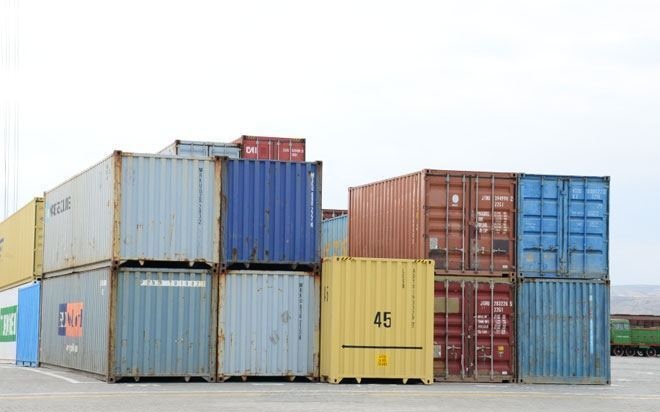
Uzbekistan’s main exported goods
Uzbekistan is a resource-rich country in Central Asia with a diversified export economy. Its main exported goods span natural resources, agricultural products, and manufactured goods. Below is an overview of the primary exports of Uzbekistan, highlighting their importance to the national economy.
1. Natural Resources
Uzbekistan is renowned for its abundant natural resources, which contribute significantly to its export revenue.
Gold: One of the largest exporters of gold in the world, Uzbekistan’s gold reserves account for a major share of its export earnings. The precious metal is primarily exported to Switzerland, the United Arab Emirates, and other global financial hubs.
Natural Gas: As a major producer of natural gas, Uzbekistan exports substantial volumes to neighboring countries such as China, Kazakhstan, and Russia. The country benefits from its strategic location near large energy markets.
Copper and Other Minerals: Copper, zinc, and uranium are key mineral exports. The mining sector is vital for Uzbekistan’s economy, with substantial foreign investment directed toward developing new mineral deposits.
2. Agricultural Products
Uzbekistan’s agricultural exports are essential due to its favorable climate and fertile land.
Cotton: Known as the “white gold” of Uzbekistan, cotton has historically been one of the country’s largest exports. While the government is reducing reliance on cotton to diversify its economy, it remains a significant export product, especially to China, Turkey, and Bangladesh.
Fruits and Vegetables: The country is one of the world’s leading exporters of fresh and dried fruits, including cherries, apricots, grapes, melons, and dried raisins. Russia, Kazakhstan, and other CIS countries are major importers of these products.
Silk: Uzbekistan has a long-standing tradition of silk production. Raw silk and silk-based products are exported to China, India, and other global markets.
3. Textiles and Manufactured Goods
The textile industry has grown significantly in recent years, shifting from raw cotton exports to value-added products.
Textiles: Uzbekistan exports cotton yarn, fabrics, and finished garments to markets in Turkey, Russia, and Europe. The textile sector’s expansion is a key driver of employment and foreign exchange earnings.
Automobiles and Machinery: With the development of the automotive industry, particularly through partnerships with companies like General Motors, Uzbekistan exports cars and automotive parts to Russia and other regional markets.
4. Chemical Products
Uzbekistan exports a variety of chemical products, including fertilizers, plastics, and other derivatives. These are mainly exported to countries in Central Asia and beyond, with China and Russia being major markets.
5. Energy and Electricity
In addition to natural gas, Uzbekistan exports electricity to neighboring countries such as Afghanistan and Tajikistan. Its energy sector continues to expand with renewable energy projects, which may add new categories to its export list in the future.
Conclusion
Uzbekistan’s exports are critical for its economic development, providing a stable source of foreign exchange and fostering international trade relationships. While gold, natural gas, and cotton dominate the export landscape, the government’s push for diversification is steadily transforming the economy. Investments in value-added industries like textiles and machinery aim to reduce reliance on raw materials, creating a more sustainable export profile for the nation.



Leave a Reply